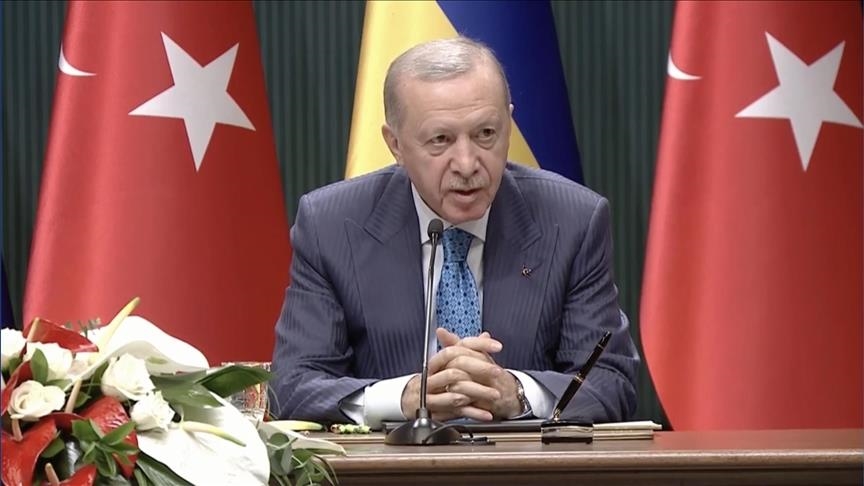Turkey airspace deal on hold
Turkey is concerned that if the coalition topples Iraqi President Saddam Hussein, Kurds in northern Iraq could gain control of Iraqi oil fields and use that as leverage to create an independent Kurdish territory.
This could prompt Kurds in southeastern Turkey to rise up as well.
But the United States opposes any unilateral move by Turkey into northern Iraq.
Washington has warned that a Turkish incursion could lead to friendly fire incidents with U.S. forces.
It is also worried that clashes between Turkey troops and Iraqi Kurds could disrupt the main campaign.
No base use
The Turkish vote does not allow U.S. forces to use Turkish bases for any attacks on Iraq.
Prime Minister Recep Tayyip Erdogan’s new government has been under intense pressure to let U.S. forces use its territory to open a northern front against Iraq.
But opinion polls in Turkey show the public overwhelmingly opposed to war.
The United States had sought the use of Turkish bases for about 62,000 troops in order to move against Iraq from the north.
Parliament rejected an earlier proposal to allow U.S. troops into Turkey despite U.S. promises of billions of dollars in aid.
In other developments, the U.S. State Department authorized the departure of family members and non-essential U.S. personnel from the embassy and consulates in Turkey.
Under an authorized departure, which is voluntary, the U.S. government will pay travel expenses for those who want to leave.
The decision covers employees at all U.S. posts in the country, including the U.S. Embassy in Ankara, the U.S. Consulate in Istanbul and U.S. consulates in Adana and Izmir. All facilities remain open to the public.
A travel warning issued Wednesday urged U.S. citizens to leave the country.


